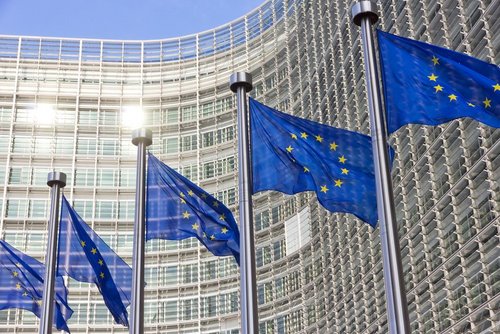Research of the Cologne Institute for Economic Research shows that different preferences for the design of fiscal, social and labour market policy need to be reflected in European policy-making. A long-term convergence of these would be necessary to provide essential ground for further integration measures.

Euro Area: Policy Preferences Have to be Taken Seriously into Account
The institutional framework of the Euro area is incomplete and in its current architecture doomed to failure. Many policy-makers may support that statement, yet from very different perspectives. There is strong demand for further integration of economic and fiscal policy in the European Economic and Monetary Union: The ECB is calling for a European treasury, Emmanuel Macron promotes not only a Euro area budget but also an economic government for the Euro area. And Jean-Claude Juncker finally campaigns for a political union. Juncker stated that “There is not enough Europe in this Union. And there is not enough Union in this Union.” in his recent State of the Union Address.
The attempt to centralize decision making in certain policy areas in the near future as laid down in the five presidents’ report as well as other documents and studies will however fail to reflect actual preferences in the member countries. The current political polarization within the EMU reflects diverging preferences of the Euro area countries’ electorates concerning the transfer of power from the national to the European level.
Elected governments are required to transform the preferences of their voters into political action. In the present political environment, further integration efforts would oppose recent political tendencies in member countries like Poland, France, Denmark, Finland and even Germany (to name just a few) and would hardly do a service to closer identification with the Euro area and the EU among its citizens.
Only if the exchange of political, social and economic ideas and philosophies as well as further democratization of the European Institutions creates an environment of similar preferences further integration in the long term is possible. As long as paradigms in these areas diverge in the different member countries as much as, for example, between France and Germany when it comes to the share of government spending or subsidies, there will be no future for mutually backed integration measures.
Further integration efforts must not ignore the diversity of member states’ policy designs and preferences, but take them seriously into account.
More on the topic
![[Translate to English:] Das Gebäude des Weißen Hauses in Washington, D.C. in den Vereinigten Staaten von Amerika. [Translate to English:] Das Gebäude des Weißen Hauses in Washington, D.C. in den Vereinigten Staaten von Amerika.](/fileadmin/_processed_/c/1/csm_GettyImages-2161499385_White_House_Editorial_884306add8.jpg)
Trump or Harris or ...? What Europe must prepare for
A few months before the presidential election in the USA, Donald Trump has a good chance of being re-elected. On the Democratic side, the incumbent president has withdrawn his candidacy after a long period of hesitation, while Vice President Kamala Harris is ...
IW
Compendium 5.5: CO2 Regulation of Road Transport in Europe
With the Compendium CO2 Regulation in Europe, the IW has been providing the interested public with a comprehensive collection of data on the development of CO2 emissions from passenger car traffic in the European Union, as well as on the applicable regulatory ...
IW